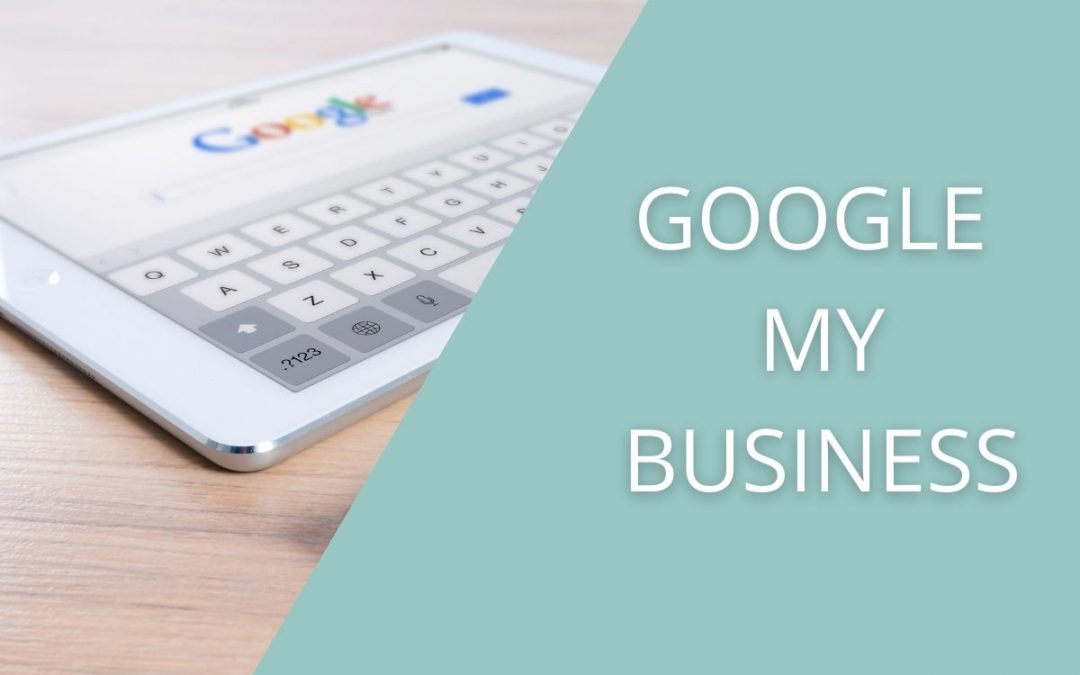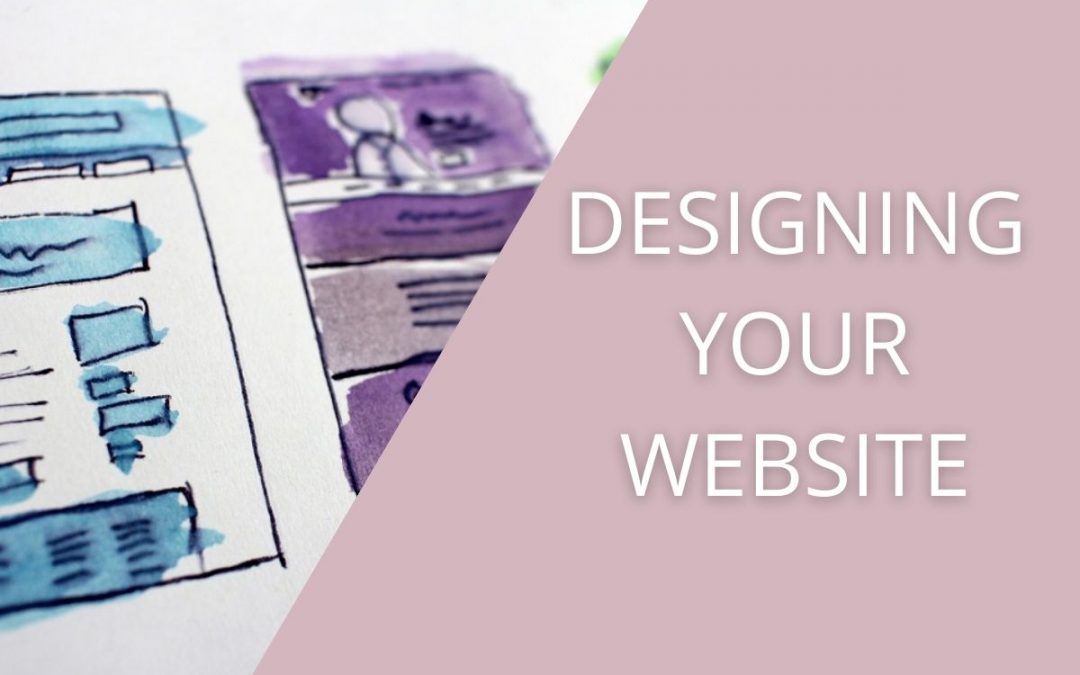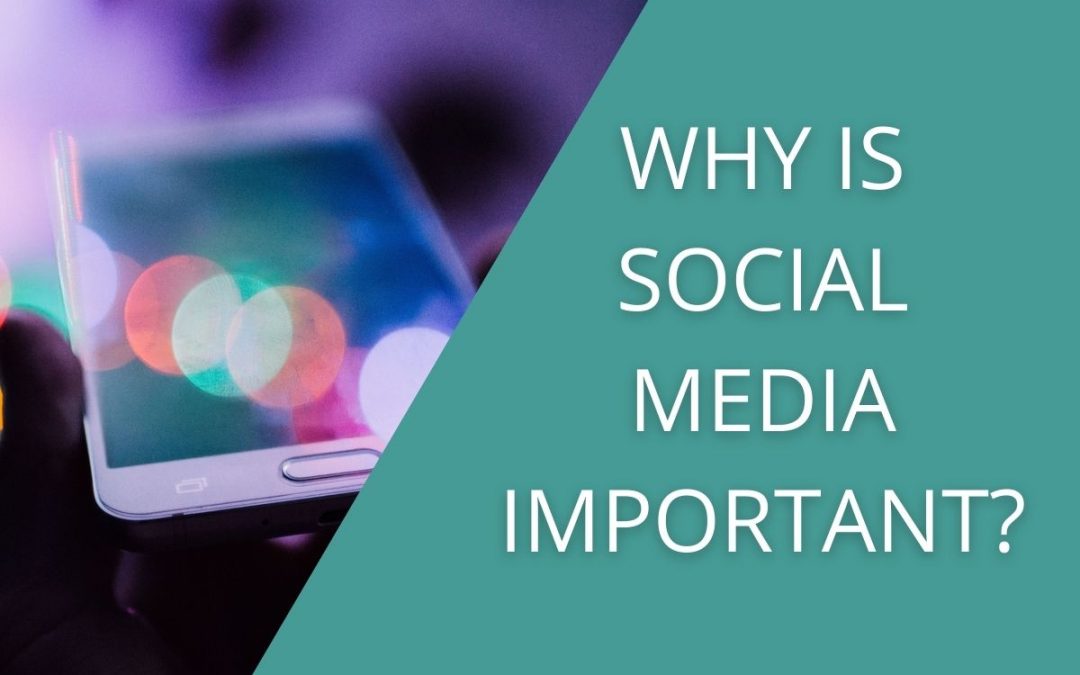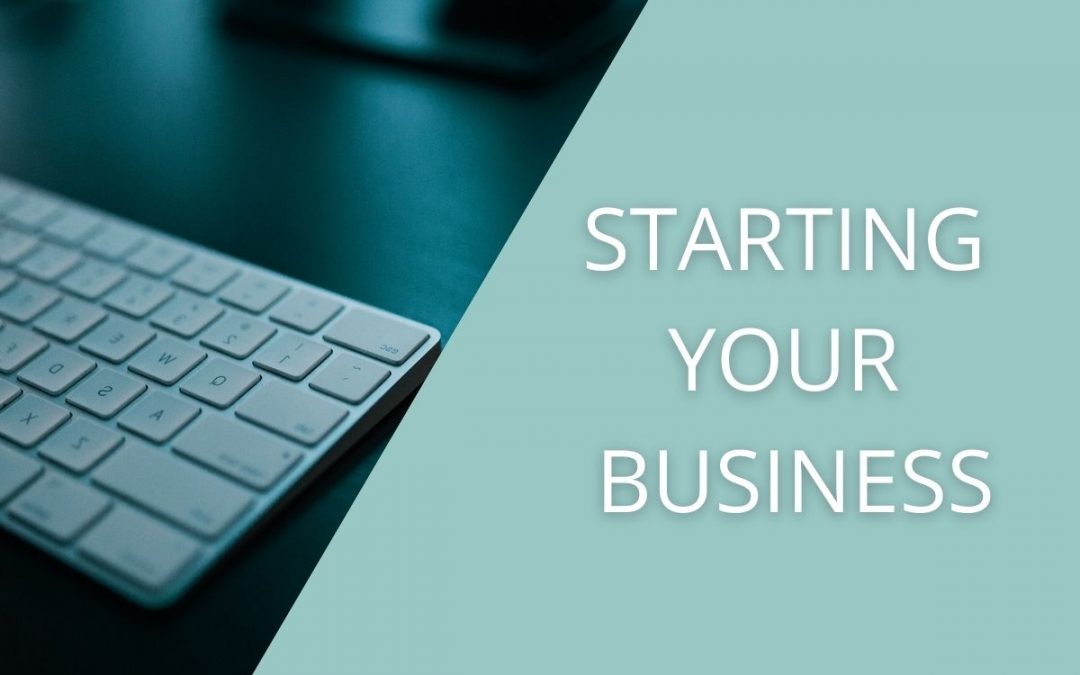
What I wish someone had told me when I set up my business
There’s just so much to think about when you set up your new business and take on board, so I thought I would share a few pearls of wisdom from those who have travelled that path already.
When starting out, my advice would be to establish a support network and to build your community – whether virtual or actual. For me, two of these are Andrew & Pete’s Atomic (membership group) as well as the excellent Freelance Heroes Group on Facebook. To both, I must give huge thanks for everyone’s input and the sharing of their experiences for this blog.
I love having access to both groups (*other groups are available!); not only does Atomic provide amazing, ongoing, inspirational training sessions but it provides an opportunity to listen to everyone’s different views and opinions (incredibly valuable) but the group also provides a sounding board for ideas as well as giving those “encouragement sparks”! The Freelance Heroes group are there to support and answer those questions when you’re stuck … what do you think, do you know anyone who could, how would you deal with this, etc? Their breadth of knowledge and experience is immense and there’s always someone happy to help and support.
Thank you, everyone, for sharing your invaluable and varied input – so here goes …
Planning & Developing Your Business
“Be absolutely clear as to what you offer and who you target from Day One,”
“We wish someone had told us how to focus on the right things and make better decisions after knowing where the focus was. There was a lot of advice around why it’s important to focus, but not a lot around HOW to actually do it.”
“To use Toggl from the first moment so you start to learn how long a task takes you.”
- “Work out the cost of doing business
- Choose a decent online accounting package
- Learn how to deal with late payers
- Understand the Late Payment of Commercial Debts Act
- Communication techniques
- Sales techniques and pipelines
- Consumer rights act 2015″
“Launch in the direction you want to go and don’t try to get everything perfect before starting. Paying clients will help you figure the rest as you go along. I made SO MANY assumptions about what clients actually want, before launching and the business looks totally different now.”
“Get your clients contracts, onboarding processes and other admin organised at the start.”
Marketing Yourself
“Don’t fall for all these cold-calls promising lots of advertising. Get a good website and sort your SEO out. Also, get your Google My Business listing sorted. Lastly, get lots and lots of reviews/testimonials!”
“The Google My Business bit is really important”
“Don’t be embarrassed about promoting and selling yourself. It’s part of it all and you’ll find your preferred way of doing it.”
“For me, it’s the power of having a memorable brand hook: the 5–6-word “stock cube” that summarises what you do and why you’re different.”
“Once you’ve established your name, domain and brand, make sure you have some good content and photos for your digital online presence. A couple of pages will do initially and get someone to check for grammar and spelling errors. Make sure you look at your competition and see what they are doing. You don’t have to be on every digital platform. Focus on one or two at first.”
“You can’t just rely on online connections and friends to make you money … you have to be seen.”
“To be yourself. It took me so long to figure this out and to feel comfortable just being me when it came to my business.”
Clients/New Business
“I wish I’d known to be more patient – to trust that work will come your way! By that I mean if you stick at it, things do happen.”
“I’d say the biggest challenge I had was learning to say ‘no’. However, I’ve enjoyed the process of learning tbh and without all the lessons we’ve had to learn we wouldn’t be the freelancers we are today.”
“Don’t say yes, yes, yes – just because you need work. If you busy yourself with the wrong type of work, you won’t have time/energy to find and honour the type of clients you do want to work with. After all, the choice is yours.”
“Avoid cheap clients, it’s hard when you first start out and are desperate though.”
“My one pearl of wisdom would be to say no to work more often.”
“Set boundaries about when you can be contacted by clients, particularly if you work part-time to facilitate childcare arrangements (like I do). Also, if it’s appropriate to contact you ‘out of hours’ and methods of communication that are/aren’t acceptable. For example, is SMS / WhatsApp ok? I personally use these with clients in a very restrictive way because they are quite difficult to manage and are quite intrusive (if you don’t read and action it straight away it risks getting forgotten about since you can’t flag for later attention).”
“Some clients really are more trouble than they’re worth. You can’t always tell before you start working for them (though over time you start to see the warning signs earlier – and your gut feeling is also a good indicator if you’re unsure), and it’s hard to walk away especially when you’re just starting out. But you can save your sanity by not taking repeat work from a troublesome client.”
“Go with your gut. If you talk to a potential client and you just get a bad vibe, trust it.”
“You can have all the great branding in the world, an awesome name and be blasting social media but if you don’t have clients coming through the door, you don’t have a business.”
Money
“Payments on account in your first tax year. I didn’t know that tax payments on account were a thing, so I got a terrible shock after filing my tax this year. You’re expected to pay basically twice as much tax in your first 1.5 years. I really think that’s a thing freelancers ought to be warned about.”
“Pay your pension weekly/monthly like usual.”
“Make sure you have at least six months of finance to cover your business and living expenses. This then allows you to make better decisions when taking on clients rather than just doing jobs for the money – it’s an endless cycle that will get you nowhere.”
“That often it can take a lot of time to actually make money … but not to lose heart.”
Personal
“To have a day off when your inner critic shows up.”
“Rest more. As soon as I open my creative mind, I get a 1000 idea and end up burnt out. I really should rest more so I’m more productive. Plus find good support.”
“I’d also say make sure you allocate time for stuff that’s not paid work (pitching, marketing, developing relationships, your own training and development). You need to do all those things – and shouldn’t feel guilty about taking time for them because you’re not getting paid.”
“Don’t waste time reading every article, watching every webinar and researching your business rather than just getting on with doing your business. I wish I’d had more confidence, in the beginning, to just face the fear and get on with it!”
“Write down your personal goals (pin them up!) and never lose sight of why you started out in the first place. These goals are why you’re in business.”
“Know your worth and be very proud of it.”
Would you like to find out more about what I do?
If you’d like to dicuss anything further, then why not get in touch and we can have a chat.




